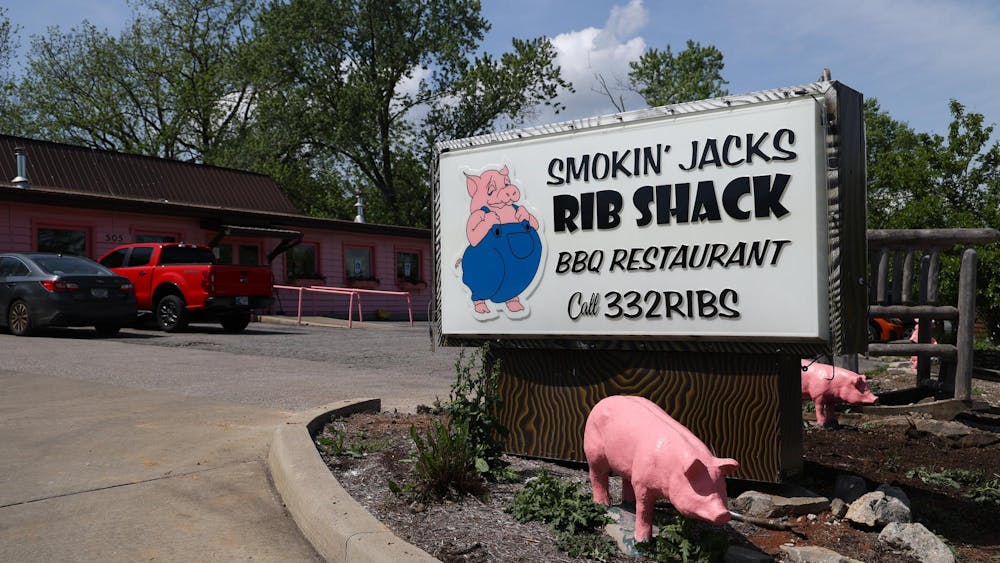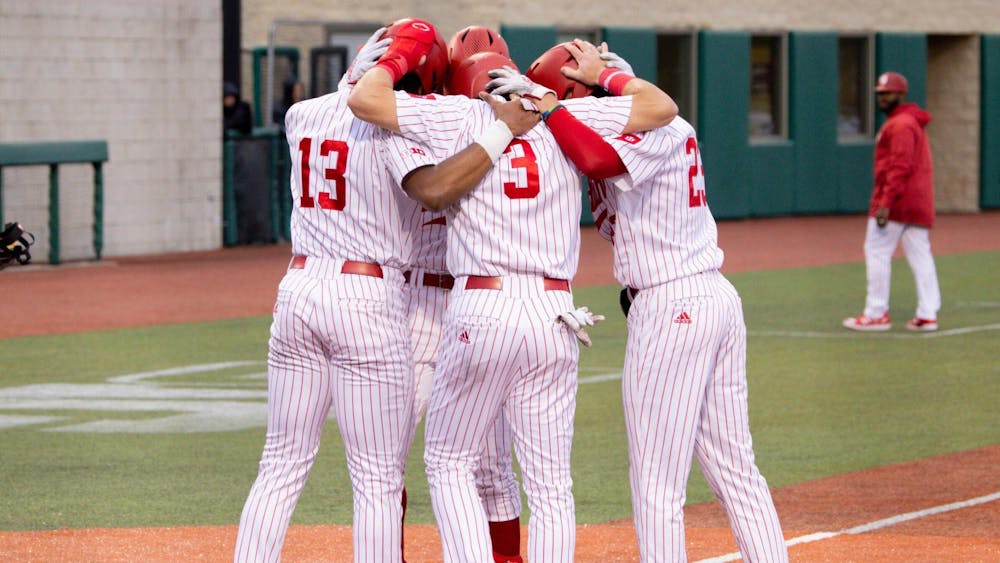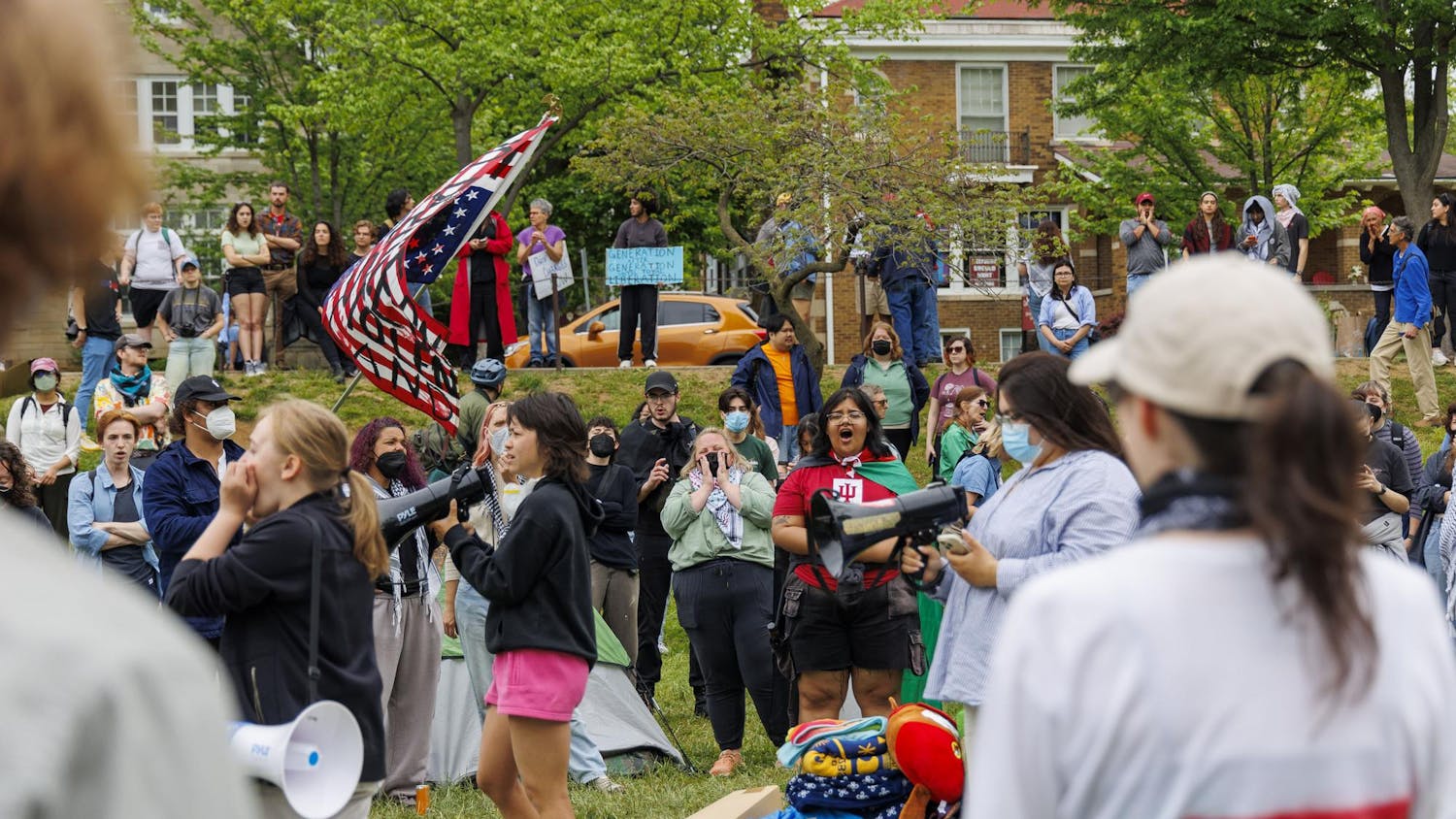As the Dow falls and employers cut jobs, the effects of the imminent recession can be felt miles away from Wall Street.
Rising costs of gas and groceries, textbooks and tuition are forcing students to change their future and current academic and employment plans.
Director of Counseling and Psychological Services at the IU Health Center Nancy Stockton said some students are no longer considering taking a semester off for fear they won’t get financial aid when they return. Some are also concerned about how the economic downturn will affect their job prospects.
“They have to confront the realities of the economy and society and may not have the luxury of making decisions solely based on psychological need,” Stockton said.
For others, economic difficulties might force them to reconsider career choices.
While business students traditionally have had job security, some of them are now taking a closer look at their career paths.
“I think there are some students that are taking a second look at fields they intended to major in,” Stockton said. “‘Do I really want to be an investment banker or should I consider other things?’ I think they’re looking at other choices.”
As a counselor, Stockton said she mainly tries to sympathize with her patients and help them acknowledge that they need to take time to ensure their psychological health, not just the state of their bank account.
“This is a time that calls for psychological regrouping,” she said. “That takes awhile. We’re all struggling with that.”
Nationwide, 80 percent of people said the economy is a significant source of stress, up from 66 percent in April, according to a recent survey conducted by the American Psychological Association.
APA spokeswoman Angel Brownawell said work and money consistently rank as some of the top stressors even in relatively stable economic periods.
“Even in times when we don’t have as much of a nationwide or global economic crisis, money is still something that’s on people’s mind,” she said. “So especially now, as people are looking at things like job security and job stability ... people are just worrying about fulfilling basic needs.”
She recommends that people take walks, reach out to family or friends or find other inexpensive ways to relieve stress.
“Look at how you experience stress, but also look at the ways you’re managing stress,” Brownawell said. “You really want to pay attention to how you’re coping with it.”
On campus, Counseling and Psychological Services offers group therapy sessions every fourth Monday of the month from 3:15 to 4:45 p.m. called “Mindfulness: Finding Peace Through Acceptance of Yourself and Others.” The center also will offer relaxation classes from 2:30 to 4 p.m. on Oct. 23 and 30, and Nov. 6, 13 and 20.
“There are some possible positive challenges associated with this generation of college students,” Stockton said. “They have the opportunity to learn from the mistakes of their elders, avoiding excessive debt, living sustainably, to help rethink and re-guide societal priorities.”
Despite present hardships, Stockton said it is always important to remember the past.
“People have overcome and prevailed over tough times throughout human history,” Stockton said. “(We are) reminding them of the capacity to do that.”
—Business editor Chip Cutter contributed to this report.
Recession: Affecting dollars and sense
Economy hits college students in wallet and mind
Get stories like this in your inbox
Subscribe





